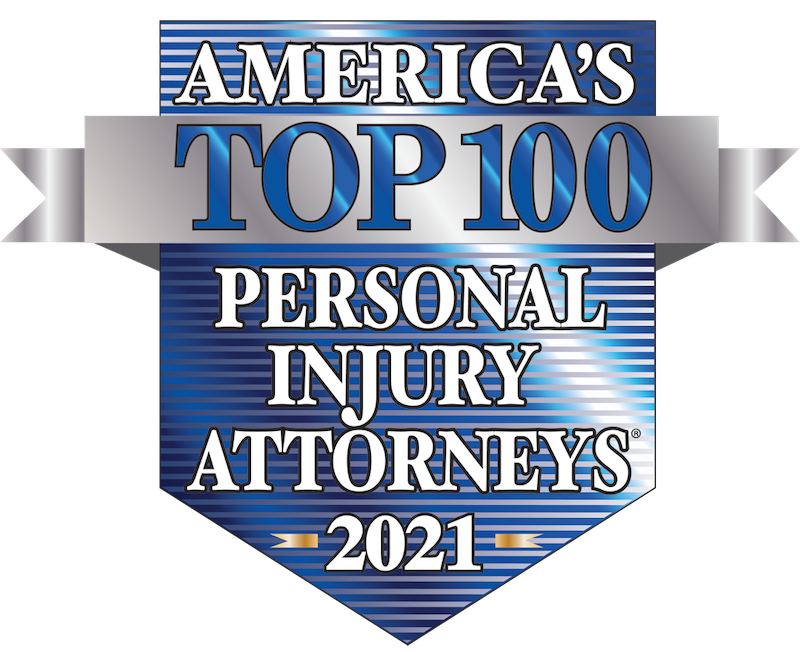When you are involved in a personal injury case, most people understand that their own social media activity can create risks. What often surprises clients is that the posts made by friends and family can also hurt a case. Even if you are careful about what you share online, you cannot always control what others post. A single photo, tag, or comment from someone close to you can provide the defense with evidence they will not hesitate to use.
We’d like to thank our friends at Hayhurst Law PLLC for providing the following discussion about friends and family posts and whether their content can hurt your personal injury case.
Why The Posts Of Friends And Family Matter
Insurance companies and defense attorneys often look beyond the injured person’s accounts. They review the social media activity of spouses, children, parents, and even casual friends. Their goal is to piece together a story about your life that weakens your claims. A loved one’s good intentions can easily backfire if they share something that appears inconsistent with your injuries.
Common Examples
Here are a few ways posts from friends and family can become problematic:
Tagged Photos: A relative tags you in a group photo at a party. Even if you were sitting most of the time and in pain later, the image may be used to argue you are more active than you claim.
Supportive Comments: A friend comments “So glad you are healing quickly” under a post. The defense may present this as evidence that your recovery is faster than you describe.
Activity Mentions: A coworker posts about you joining a company event. The defense could argue this contradicts your claims of limited mobility or inability to work.
How These Posts Are Used
Social media content from friends and family is admissible as long as it is relevant. Defense attorneys may introduce these posts to cast doubt on your injuries, your pain level, or your credibility. Even if the post is inaccurate or incomplete, once it is shown in court, it may influence how a jury sees you.
What You Can Do
While you cannot control every post made by others, you can take steps to reduce the risks:
- Communicate Clearly: Let your loved ones know that you are in the middle of a lawsuit and ask them not to post about you.
- Request No Tags: Politely ask friends and family not to tag you in photos or location check-ins until your case is over.
- Monitor Mentions: Regularly check notifications and mentions so you are aware of content linked to your name.
- Involve Your Attorney: If a problematic post goes up, alert your personal injury lawyer right away. They can advise on whether action is necessary.
Why Cooperation Is Key
Most people are not trying to cause harm when they post about you. They are often showing support or sharing happy moments. By explaining how these posts can affect your case, you help them understand the importance of staying quiet online. Their cooperation can make a big difference in protecting your claim.
Digital Oversight: A Team Effort To Protect Your Claim
In today’s digital world, your online presence is not limited to your own posts. What your friends and family share can also become part of the evidence. By having honest conversations and setting clear boundaries, you can reduce the chance of their posts creating problems for your case. Protecting your right to fair compensation often requires teamwork, and that includes the people closest to you.

















